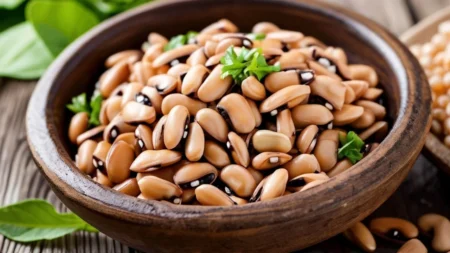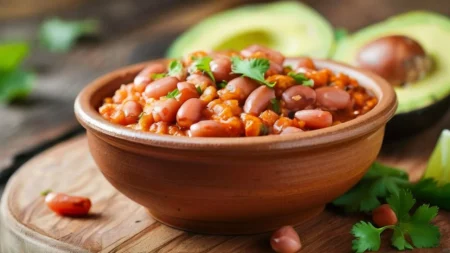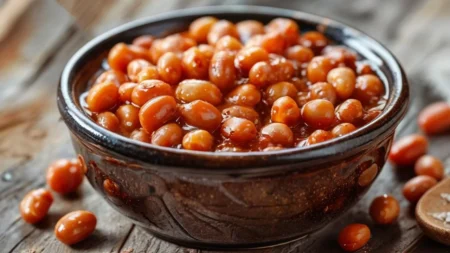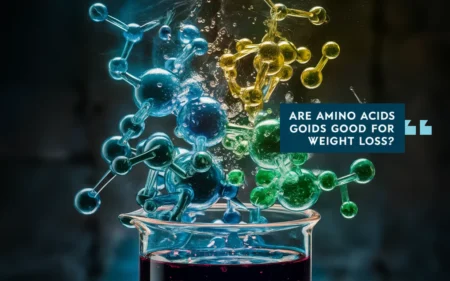Is Hot Sauce Good for Weight Loss?
Key Takeaways
- Hot sauce can boost metabolism, thanks to capsaicin, which may help in burning calories.
- It is low in calories, making it a suitable addition to a weight loss diet.
- Capsaicin, the active ingredient in chili peppers, can reduce appetite and promote fat burning.
- While beneficial, hot sauce should be consumed in moderation due to its high sodium content.
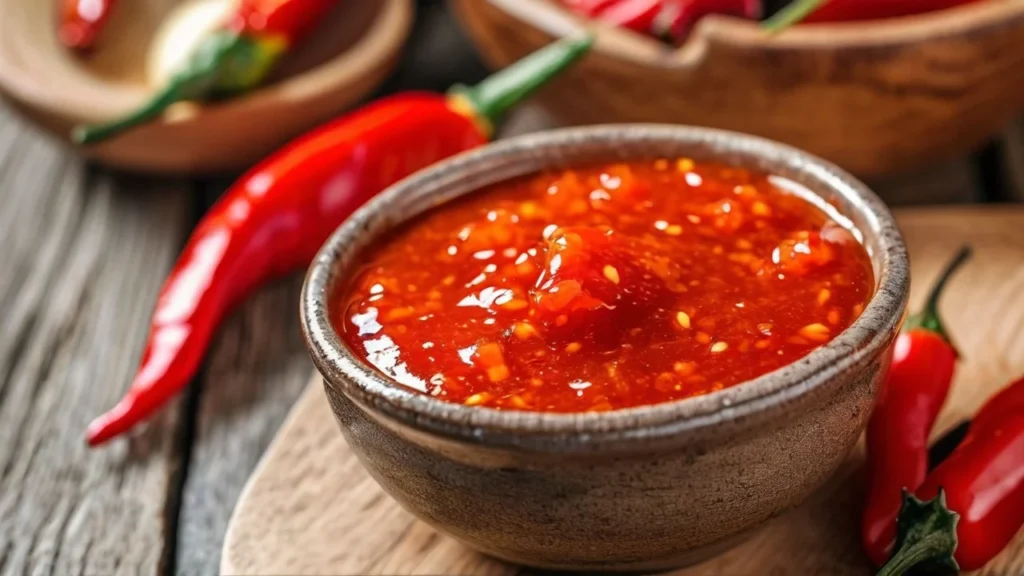
The Science Behind Hot Sauce and Weight Loss
Hot sauce gets its kick from capsaicin, a compound found in chili peppers that has been linked to various health benefits, including weight loss. Several studies have explored the relationship between capsaicin and fat burning.
How Capsaicin Promotes Weight Loss
Capsaicin increases thermogenesis, which is the process by which the body produces heat. When you eat something spicy, your body temperature rises slightly, and this increase in temperature can help you burn more calories. The Journal of Biological Chemistry reports that capsaicin stimulates a protein called TRPV1, which triggers thermogenesis and fat oxidation.
Appetite Suppression
One of the key benefits of hot sauce is its ability to suppress appetite. Research has shown that people who consume spicy foods tend to eat less overall. Capsaicin not only reduces hunger but also promotes feelings of fullness, which can prevent overeating.
Metabolism Boost
Studies have shown that consuming spicy foods can increase your metabolic rate for up to 30 minutes after eating. This metabolic boost, while short-term, can contribute to calorie burning. Capsaicin’s effects on metabolism are significant enough to potentially aid in weight loss when incorporated into a balanced diet.
Nutritional Value of Hot Sauce
Hot sauce is typically low in calories, making it a diet-friendly condiment. Here’s the nutritional breakdown for 1 teaspoon of common hot sauce:
| Nutrient | Amount |
|---|---|
| Calories | 0-5 |
| Fat | 0 grams |
| Carbohydrates | 0 grams |
| Protein | 0 grams |
| Sodium | 120-190 mg |
Given its near-zero calorie content, hot sauce can be added to meals without affecting your daily caloric intake. However, the high sodium levels mean it should be consumed in moderation, especially for individuals watching their salt intake.
Hot Sauce in a Weight Loss Diet
1. Low-Calorie Flavor Enhancer
Since hot sauce contains almost no calories, it’s an excellent way to add flavor to your meals without adding extra fat or sugar. By using hot sauce as a seasoning, you can reduce the need for calorie-dense condiments like creamy dressings or sugary sauces.
2. Boosting Metabolism with Spicy Foods
Adding hot sauce to meals regularly can help you take advantage of its thermogenic properties. For example, adding a teaspoon of hot sauce to scrambled eggs or chicken can increase the meal’s fat-burning potential.
3. Pairing with Protein
Hot sauce pairs well with lean proteins like chicken breast, turkey, or fish. These proteins are essential for muscle maintenance and fat loss. Adding hot sauce to high-protein meals can make them more satisfying without adding extra calories.
Does Hot Sauce Have Any Downsides?
1. High Sodium Content
One potential drawback of hot sauce is its high sodium content. Most brands contain between 120-190 mg of sodium per teaspoon, which can add up quickly if you’re using a lot. High sodium intake can lead to water retention and bloating, which might counteract weight loss efforts by making you feel heavier.
2. Stomach Irritation
Some people may experience digestive issues, such as acid reflux or stomach irritation, from consuming too much hot sauce. Capsaicin can irritate the stomach lining in sensitive individuals, leading to discomfort. It’s essential to listen to your body and consume spicy foods in moderation if you have a sensitive stomach.
Comparison: Hot Sauce vs. Other Condiments
| Condiment | Calories (per tsp) | Sodium (mg) | Sugar (g) |
|---|---|---|---|
| Hot Sauce | 0-5 | 120-190 | 0 |
| Ketchup | 20 | 160 | 4 |
| BBQ Sauce | 25-30 | 150-200 | 6 |
| Ranch Dressing | 60 | 120 | 1 |
As the table shows, hot sauce has a significant advantage in terms of calories and sugar content compared to other condiments. While sauces like ketchup and BBQ sauce can quickly add hidden sugars and calories to your meal, hot sauce remains virtually calorie-free, making it a better option for weight loss.
Conclusion
Hot sauce can be an excellent addition to a weight loss diet due to its ability to boost metabolism, suppress appetite, and add flavor without extra calories. The capsaicin in hot sauce has been shown to promote fat burning and increase energy expenditure, which may aid weight loss efforts. However, it’s important to keep portion sizes in check due to its high sodium content. Adding hot sauce to lean proteins and healthy meals can help make them more satisfying, contributing to long-term weight loss success.
FAQ
1. Can hot sauce help you lose weight?
Yes, the capsaicin in hot sauce can increase metabolism and reduce appetite, both of which may help with weight loss when combined with a healthy diet.
2. Is hot sauce calorie-free?
Most hot sauces contain 0-5 calories per teaspoon, making them a low-calorie condiment.
3. Does hot sauce boost metabolism?
Yes, capsaicin in hot sauce has been shown to temporarily boost metabolism, helping you burn more calories.
4. Is hot sauce bad for you?
Hot sauce is generally healthy when consumed in moderation, but excessive intake can lead to high sodium levels or stomach irritation.
5. Can you eat hot sauce every day?
You can eat hot sauce daily, but it’s important to moderate your portions to avoid consuming too much sodium, which can have negative health effects.







